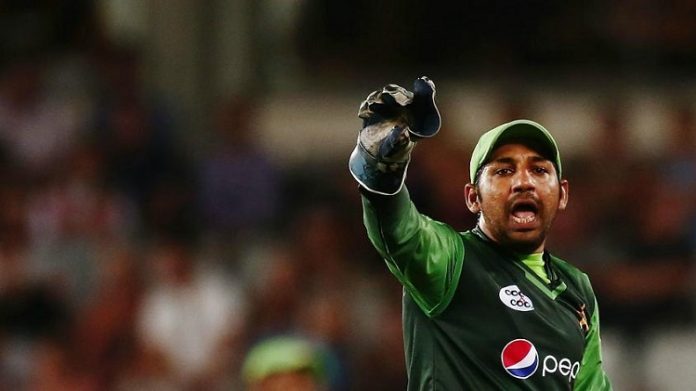Sarfaraz aimed a comment at South Africa all-rounder Andile Phehlukwayo which resulted in Sarfaraz being charged with an offence under the Code, namely;
“Engaging in any conduct (whether through the use of language, gestures or otherwise) which is likely to offend, insult, humiliate, intimidate, threaten, disparage or vilify any reasonable person in the position of a Player, Player Support Personnel, Umpire, Match Referee, Umpire Support Personnel or any other person (including a spectator) on the basis of their race, religion, culture, colour, descent, national or ethnic origin.”
Sarfaraz will miss the remaining two matches of the ongoing ODI series as well as the first two matches of the T20I series to follow.
As per Article 7.3 of the Anti-Racism Code, Sarfaraz will also have to undergo an education programme to promote the understanding and awareness of issues directly relevant to the offence that he has committed. The ICC will work with the PCB to determine when and how this should take place.
The incident was initially reported by Ranjan Madugalle of the Emirates Elite Panel of ICC Match Referees after he conducted initial investigations and spoke to both players after the match. Following a further investigation, the ICC General Counsel, Iain Higgins, then determined that the player had a case to answer under the Code, and the player was issued with a charge notice on 26 January.
ICC Chief Executive David Richardson said: “The ICC has a zero-tolerance policy towards conduct of this nature. Sarfaraz has promptly admitted the offence, was regretful of his actions and has issued a public apology, so these factors were taken into account when determining an appropriate sanction.”

















